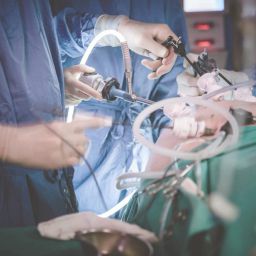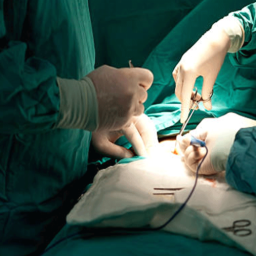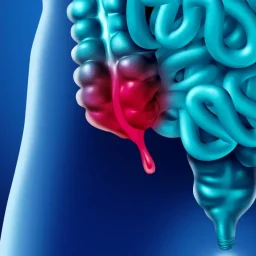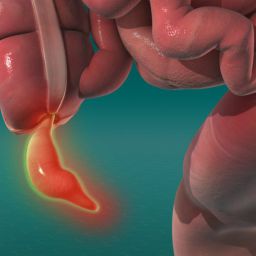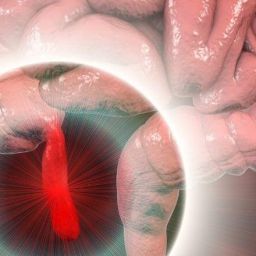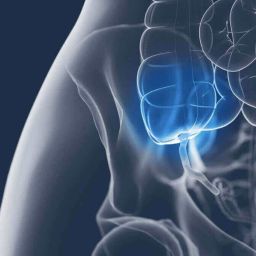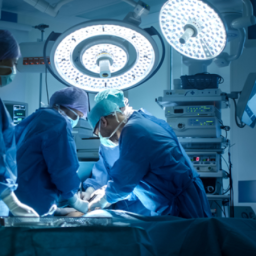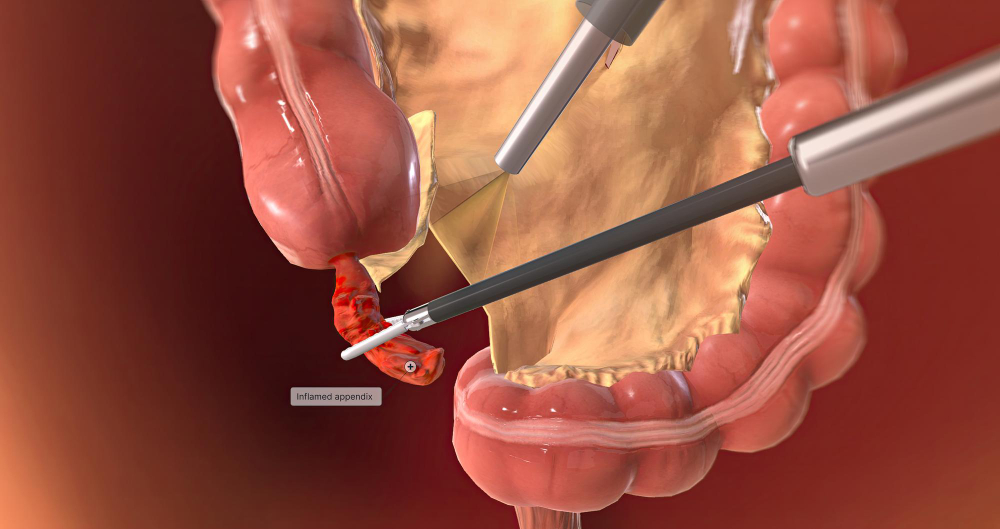
1. Understanding the Appendectomy Surgery and Expected Recovery
Before delving into the causes of severe abdominal pain, it is essential to understand the appendectomy procedure and what patients typically experience during recovery. An appendectomy involves the surgical removal of the appendix, which is a small, finger-like structure attached to the large intestine. The surgery can be performed via two primary methods: open surgery or laparoscopic surgery.
a. Open Appendectomy
In an open appendectomy, a larger incision is made in the lower right side of the abdomen to remove the appendix. This method is typically used when the appendix has ruptured or if there are complications that prevent the use of minimally invasive techniques.
b. Laparoscopic Appendectomy
Laparoscopic appendectomy is less invasive and involves making small incisions in the abdomen through which a camera and surgical instruments are inserted. The appendix is then removed using these tools. This method often results in less pain, faster recovery, and smaller scars compared to open surgery.
Post-Operative Recovery and Common Symptoms
After the surgery, patients typically experience some discomfort and pain, which is expected and usually manageable with prescribed pain medications. In the initial days of recovery, it is common for patients to experience:

- Mild abdominal pain or soreness: This is due to the surgery and the healing process.
- Swelling and bloating: These symptoms often arise due to the manipulation of the intestines during surgery.
- Gas pain: Gas can accumulate in the intestines post-surgery, leading to bloating and discomfort.
For most patients, these symptoms gradually improve over the course of a few days to weeks. However, severe or escalating pain can signal a problem that requires medical attention. Understanding when pain is a normal part of recovery and when it becomes a cause for concern is crucial for both patients and healthcare providers.
2. Causes of Severe Abdominal Pain After Appendectomy
Severe abdominal pain following an appendectomy can be caused by various factors. Some of these are part of the normal healing process, while others may indicate complications that require immediate intervention. Below are some potential causes of severe abdominal pain post-surgery.
a. Infection
Infection is one of the most common complications after appendectomy. The surgical site, the abdominal cavity, or even the appendix itself can become infected. An infection can lead to severe pain, especially if the infection causes the area to become inflamed or filled with pus.
- Infection of the surgical wound: If the wound becomes red, swollen, or produces pus, it may indicate an infection at the incision site.
- Peritonitis: If bacteria from the ruptured appendix enter the abdominal cavity, it can lead to peritonitis, a life-threatening infection of the peritoneum (the lining of the abdominal cavity). Peritonitis causes intense abdominal pain, fever, and nausea and requires immediate medical attention.
- Abscess formation: Sometimes, after an appendectomy, an abscess (a pocket of pus) can form in the abdomen. This can lead to localized pain, fever, and tenderness in the area of the abscess.
b. Bowel Obstruction
Bowel obstruction occurs when there is a blockage in the intestines, which can prevent the normal passage of food, fluids, and gas. After an appendectomy, bowel obstruction can occur due to scar tissue or adhesions (bands of fibrous tissue that form after surgery) or due to a condition called ileus (a temporary paralysis of the intestines).
Symptoms of bowel obstruction include:
- Severe abdominal pain and cramping
- Vomiting
- Inability to pass gas or have a bowel movement
- Abdominal distension (swelling)
Bowel obstruction can be a serious complication and may require medical intervention, including rehydration, surgery, or other treatments.
c. Internal Bleeding
Internal bleeding is a rare but serious complication of any surgery, including appendectomy. If a blood vessel is damaged during the procedure, it can lead to internal bleeding, which may cause the abdomen to become distended and painful.
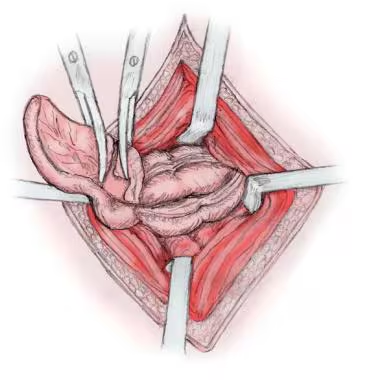
Signs of internal bleeding include:
- Severe abdominal pain that worsens over time
- A feeling of fullness or bloating
- Dizziness or fainting
- Low blood pressure and rapid heart rate
If internal bleeding occurs, it requires immediate surgical intervention to stop the bleeding and repair any damaged blood vessels.
d. Organ Injury
During an appendectomy, surrounding organs such as the intestines, bladder, or reproductive organs can accidentally be injured. While rare, these injuries can lead to severe abdominal pain. For instance, if a bowel is perforated or injured, it can lead to infection, peritonitis, or abscess formation.
e. Post-Operative Constipation
Post-operative constipation is a common issue for patients recovering from appendectomy. The use of pain medications, especially opioids, can slow down the digestive system and cause constipation. Constipation can lead to bloating, discomfort, and cramping, which can be mistaken for more serious conditions.
f. Post-Surgical Hernia
In some cases, a hernia may develop at the site of the surgical incision, especially if the abdominal muscles are weakened during the procedure. A post-surgical hernia can cause severe localized pain, swelling, and a noticeable bulge in the abdominal area.
g. Normal Post-Surgical Healing
In some cases, severe pain can simply be part of the normal healing process. As the body recovers, scar tissue may form inside the abdomen, and this can lead to discomfort or tenderness. Additionally, the abdomen may be more sensitive following surgery, and any physical activity, even minor movements, can trigger pain.
3. When to Seek Medical Help
While some pain is normal after an appendectomy, there are certain signs and symptoms that suggest a more serious issue. If you experience any of the following symptoms, it is essential to seek immediate medical help:
- Severe, persistent abdominal pain: If the pain doesn’t improve or worsens over time, it could be a sign of a complication.
- Signs of infection: These include fever, redness or discharge at the surgical site, or increasing pain.
- Inability to pass gas or have a bowel movement: If you are unable to pass gas or have a bowel movement, this may indicate a bowel obstruction.
- Abdominal distension: If your abdomen becomes noticeably swollen or tight, it could be a sign of an underlying issue.
- Signs of internal bleeding: These include dizziness, fainting, or a rapid heart rate, along with severe abdominal pain.
- Nausea and vomiting: If nausea and vomiting occur alongside severe abdominal pain, it could indicate an infection or bowel obstruction.
4. Diagnosis and Treatment
If severe abdominal pain occurs after an appendectomy, a thorough evaluation is necessary to determine the cause. The healthcare provider will perform a physical examination and may order additional tests, such as:
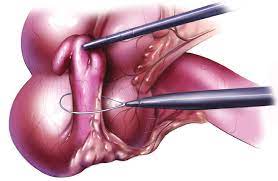
- Blood tests: To check for signs of infection, anemia, or other issues.
- Imaging studies: An ultrasound, CT scan, or X-ray may be used to identify complications like abscesses, bowel obstruction, or internal bleeding.
- Laparoscopy: In some cases, a repeat surgical procedure may be needed to investigate the cause of the pain and address any underlying complications.
Once a diagnosis is made, the appropriate treatment will be determined. This may include antibiotics for infections, surgery to address bowel obstructions or hernias, or other interventions as needed.
5. Preventing Complications
While complications can arise after any surgery, there are several steps patients can take to reduce the risk of developing issues after appendectomy:
- Follow post-operative care instructions: Adhering to the surgeon’s instructions regarding wound care, activity restrictions, and medication use can help prevent complications.
- Stay hydrated: Drinking plenty of fluids can help prevent constipation and promote healing.
- Gradually return to normal activities: Avoiding strenuous activity during the early stages of recovery can prevent strain on the surgical site and reduce the risk of complications.
- Monitor for signs of infection: Regularly checking the surgical site for signs of infection and seeking prompt medical attention if any issues arise can prevent more serious problems.
Severe abdominal pain after an appendectomy can be concerning, but not all pain is a sign of a serious complication. While mild pain and discomfort are common during the recovery process, patients should remain vigilant and seek medical attention if the pain is persistent, severe, or accompanied by other concerning symptoms like fever, vomiting, or difficulty passing gas.
Understanding the potential causes of severe abdominal pain and knowing when to seek medical help can make all the difference in ensuring a smooth recovery. By being proactive about monitoring symptoms and following post-operative care guidelines, patients can improve their chances of a successful and complication-free recovery after an appendectomy.


